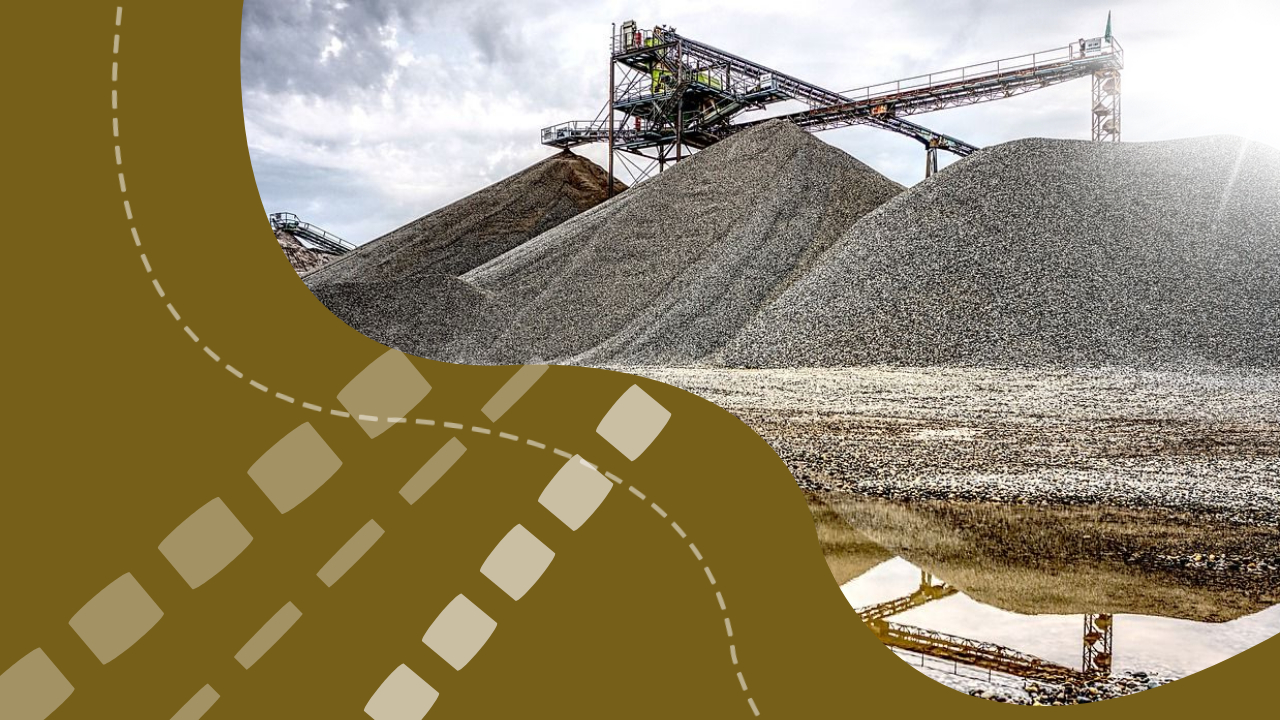He made the remarks while speaking during the presentation of the report on space monitoring of extractive fields on the territory of Armenia, prepared and presented by the NGO coalition “Environmental Protection First” in cooperation with AzerCosmos.
Mammadov noted that any activity carried out in fields on the territory of Armenia has an impact on the territory and natural environment of neighboring countries, as well as on the health of the population.
“We have acceded to the Convention on Transboundary Rivers. However, the upstream countries do not join these conventions, evading their obligations. During almost 30 years of occupation, Armenia has caused very serious damage to the ecology of Azerbaijan by illegally exploiting fields in our territories. Now, after we liberated our territories as a result of the 44-day war, Armenia continues these activities on its lands. It still affects the ecology of Azerbaijan, especially the ecology of the Nakhchivan Autonomous Republic,” he said.
“Various chemical products are used in the exploitation of these fields. In addition, the explosions have a negative impact on soil fertility, quality of ground and surface water,” Mammadov added.
He stressed that Armenia should submit relevant environmental reports on the exploitation of the fields in accordance with the obligations undertaken under the conventions to which it has acceded.
“Unfortunately, the studies that we are conducting as members of the coalition show that they do not observe transparency in carrying out these activities. And we, as a country located in this region, cannot remain indifferent to this. Some fields have been destroyed over the past decades. Space studies show that the territory of these deposits has expanded a lot, and the color of the soil shows that environmental regulations have not been respected,” Mammadov concluded.

